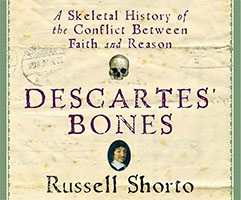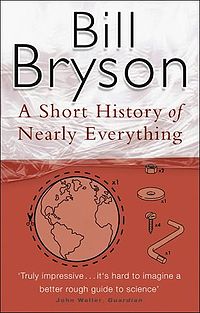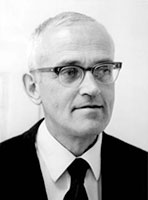 This entertaining little book sheds light on many subjects. First, it is a concise biography of the life and ideas of René Descartes. He outlines how Descartes’ Discourse on the Method led to the birth of the modern era. He also gives a clear overview of Cartesian Dualism and why we struggle with it to this day.
This entertaining little book sheds light on many subjects. First, it is a concise biography of the life and ideas of René Descartes. He outlines how Descartes’ Discourse on the Method led to the birth of the modern era. He also gives a clear overview of Cartesian Dualism and why we struggle with it to this day.
Second, this is a compelling detective story—tracing the mysterious path of Descartes’ remains from one European capital to another and how he became a “secular saint” whose bones were treated as holy relics.
The final chapters attempt to tie up loose ends. The author speculates on why Descartes’ skull has come down to us while the rest of his bones were lost. He introduces us to several modern Cartesians and explains why Descartes remains one of the most influential thinkers to this day. He concludes by addressing the perennial struggle between faith and reason, a conflict that Descartes helped create and ultimately transcend.


